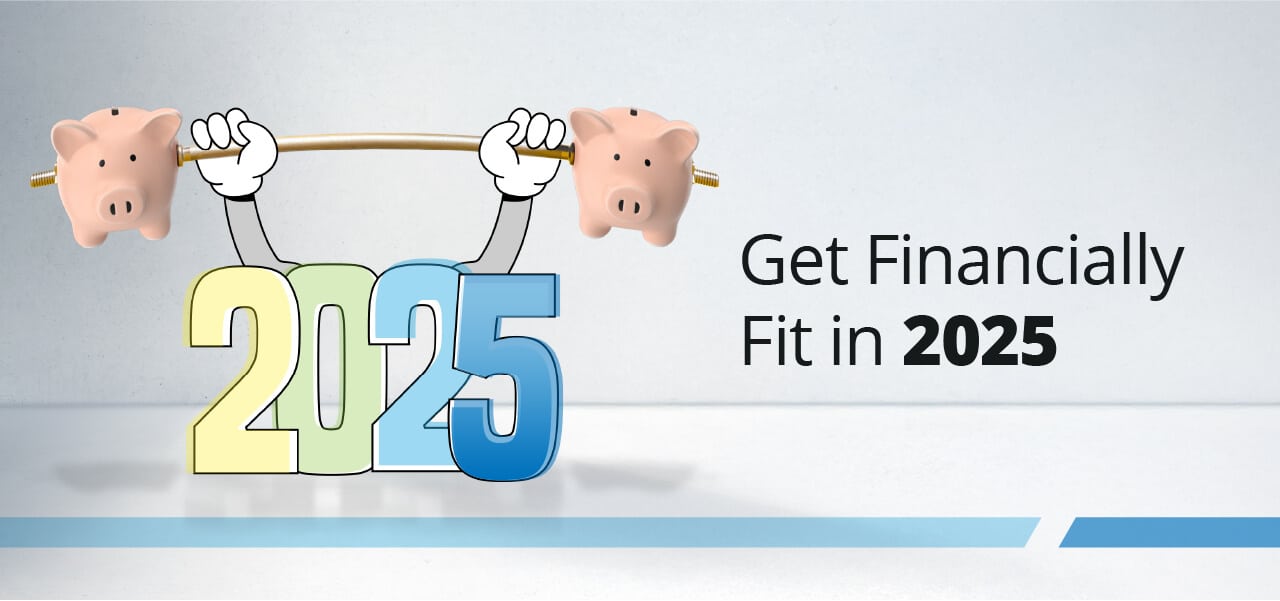A new year offers the opportunity to evaluate various aspects of your life, set new goals and motivate yourself to do more, be more and achieve more. At DebtSafe, we are rooted in NEW BEGINNINGS. We don’t only want to help with debt, but with life too. Here are some tips to possibly improve your financial wellness this year.
Evaluate Your Current Budget
If you don’t have a monthly budget currently, then it’s advisable to compile one. It provides you with a structured plan for your monthly expenses and assists in keeping expenses in check, planning for ad hoc events and provides an overview of your monthly financial situation. You might be surprised at what you spend on certain line-items each month. A standard rule is to split your line-items into categories, e.g. Household Expenses, School/Education, Insurance/Financial Products, Debt Repayments & Living Expenses.
If you have an existing budget, then you need to review this constantly but especially at the start of the year when New Beginnings are top-of-mind. Ask yourself the following when looking at your budget:
Insurance & Medical Aid
Although a critical part of sound financial and wellness planning, insurance and medical aid premiums can be very expensive – especially to those consumers who are already over-indebted with secured and unsecured debt repayments. The start of a year is an ideal time to re-evaluate your current insurance and medical aid options, benefits and premiums. It’s always best to speak to a qualified financial advisor to ensure you have the appropriate products for your needs AND your budget.
Annual increases are typically implemented early in the year, and these can be much higher than inflation and your yearly increase in income. That’s why it’s crucial to evaluate your current policies and benefits. Here are some considerations when looking at your insurance and medical aid:
Debt Management
Debt repayments, especially for unsecured debt, has the highest interest rates and keeps your disposable income minimised for a long period of time. It’s advisable to focus on the debt with high interest rates and to try and pay these off as soon as possible. If you have additional cashflow, consider putting this towards your outstanding debt to reduce your interest payments and the overall repayment term.
If you are struggling to keep up with debt repayments, then you could be over-indebted, and this is where DebtSafe can assist through the Debt Review process. Click here to read more.
Additional Income
If possible, investigate additional sources of income to assist in covering all your monthly expenses and leave disposable income for social expenses and emergency savings. Multiple sources of income are a proven way to improve overall financial wellness and in today’s economic climate it’s crucial to explore every opportunity. Technology also makes it a lot easier to earn additional income from anywhere and during any time of the day.
You could consider opportunities like part-time sales, online marketing and referral, data capturing or even weekend projects like food stalls or consulting. Obviously, your permanent job and your household responsibilities will influence this but it’s worth considering. If you do manage to obtain additional income each month, make sure that you allocate it wisely to your budget.
At DebtSafe, we care about our customers’ well-being – especially financially. Hopefully you find some value in the above tips and enjoy a financially prosperous 2025.
*This article provides generic tips that could assist cash-strapped consumers, it is not financial advice but rather an overall guide of element you could consider. Always speak to an accredited Financial Advisor prior to making decisions that’ll impact your financial products and/or benefits.

Choose a New Beginning. Choose DebtSafe.
